Some dogs seem to wear their emotions on their faces, responding to every gesture, word, and glance from their humans. In homes around the world, certain breeds form such deep attachments that they react visibly when left out or overlooked.
These dogs thrive on connection, seeking constant reassurance through closeness, play, and shared routines. Their expressive eyes and subtle body language reveal exactly how they feel, and when they sense inattention, their disappointment is impossible to miss.
These breeds were often developed as companions or working partners, bred to stay close to their people and interpret every signal. Their loyalty runs so deep that being ignored feels unnatural, leading to a slump in mood or even a quiet sulk.
Understanding these sensitive breeds helps owners provide the affection, time, and engagement they need, turning potential sulks into trust, warmth, and stronger bonds with the animals they love.
Dog Breeds That Sulk When Ignored
1. Labrador Retriever
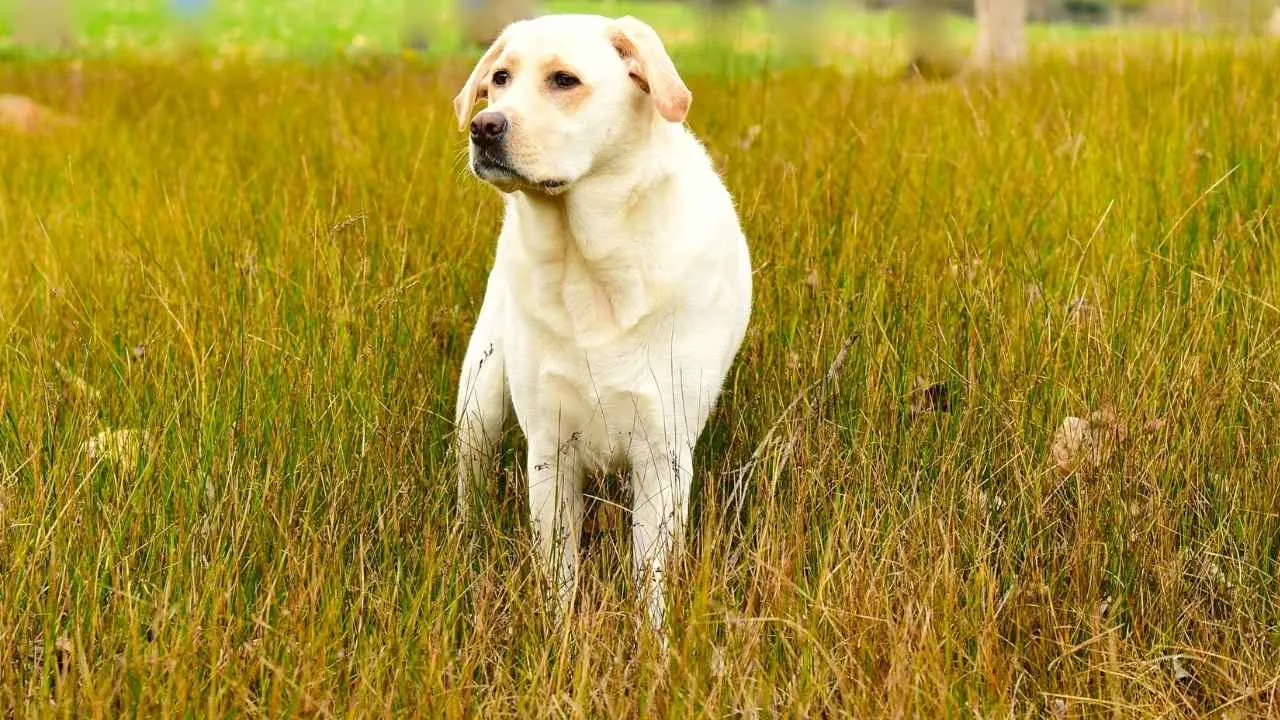
Labrador Retrievers are famously devoted dogs, bred originally as helpers to fishermen and hunters. Their bond with humans is part of their history, and that closeness remains at the core of who they are. When they don’t get the attention they crave, their mood sinks, and their expressive faces make it easy to see.
According to the AKC, the Labrador thrives on being included in daily life. Whether it’s joining a walk, curling up by the couch, or being part of a family gathering, they want to be there. When left out or ignored for too long, they often respond with sulking or quietly retreating.
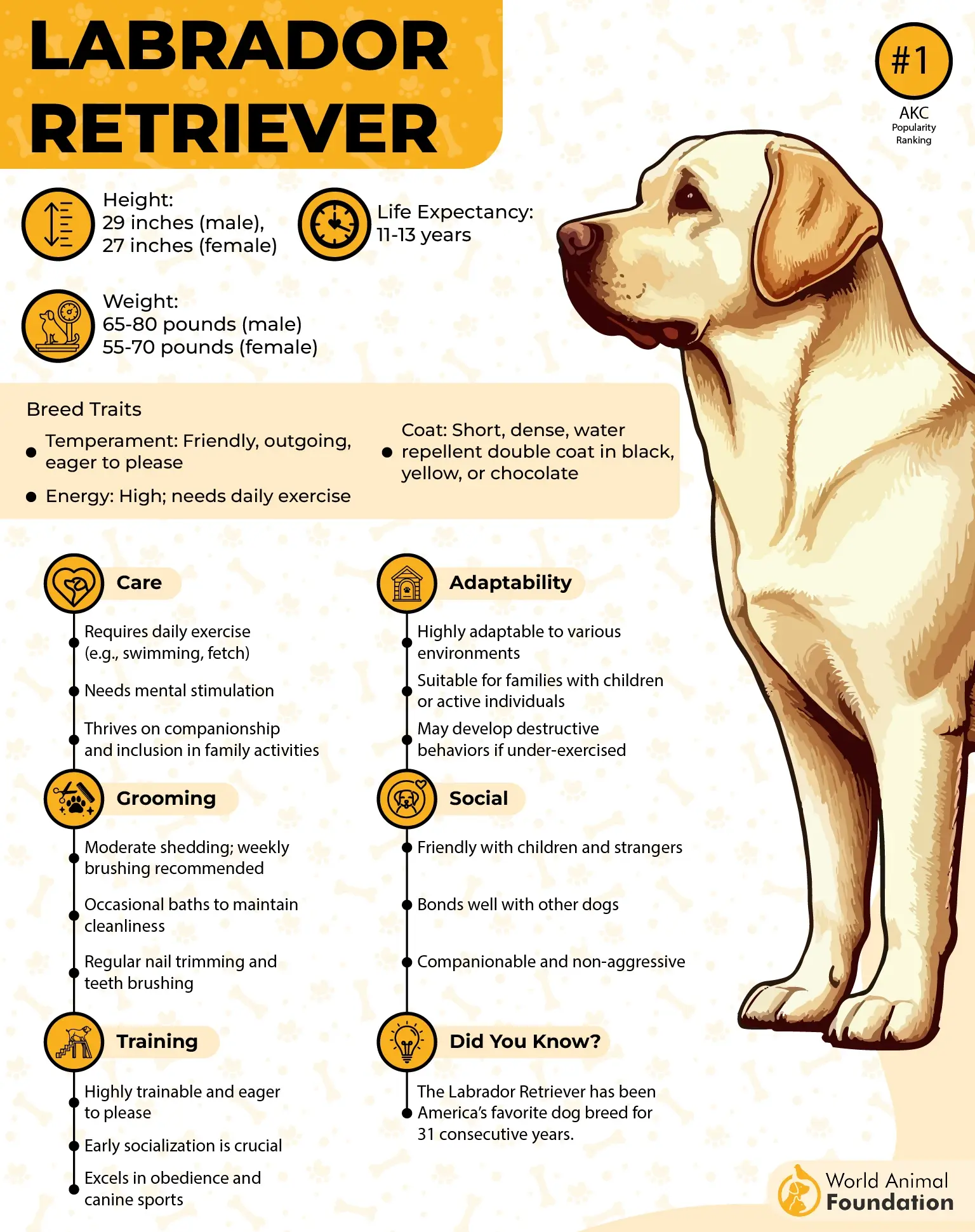
Training comes naturally to Labs, but they respond best when they feel noticed and appreciated. Praise, affection, and interaction keep them engaged and eager to cooperate. Their sensitivity means that a lack of acknowledgment can feel like rejection.
Their sturdy frame and wagging tail make them energetic companions who expect regular exercise. That daily movement isn’t just about staying fit—it’s also time for bonding. Missed walks or forgotten playtime can lead to more than restlessness; it can lead to a droopy‑eyed sulk.
Labradors are happiest when they feel useful, loved, and connected. Their loyalty runs so deep that even small gaps in attention can leave them feeling adrift.
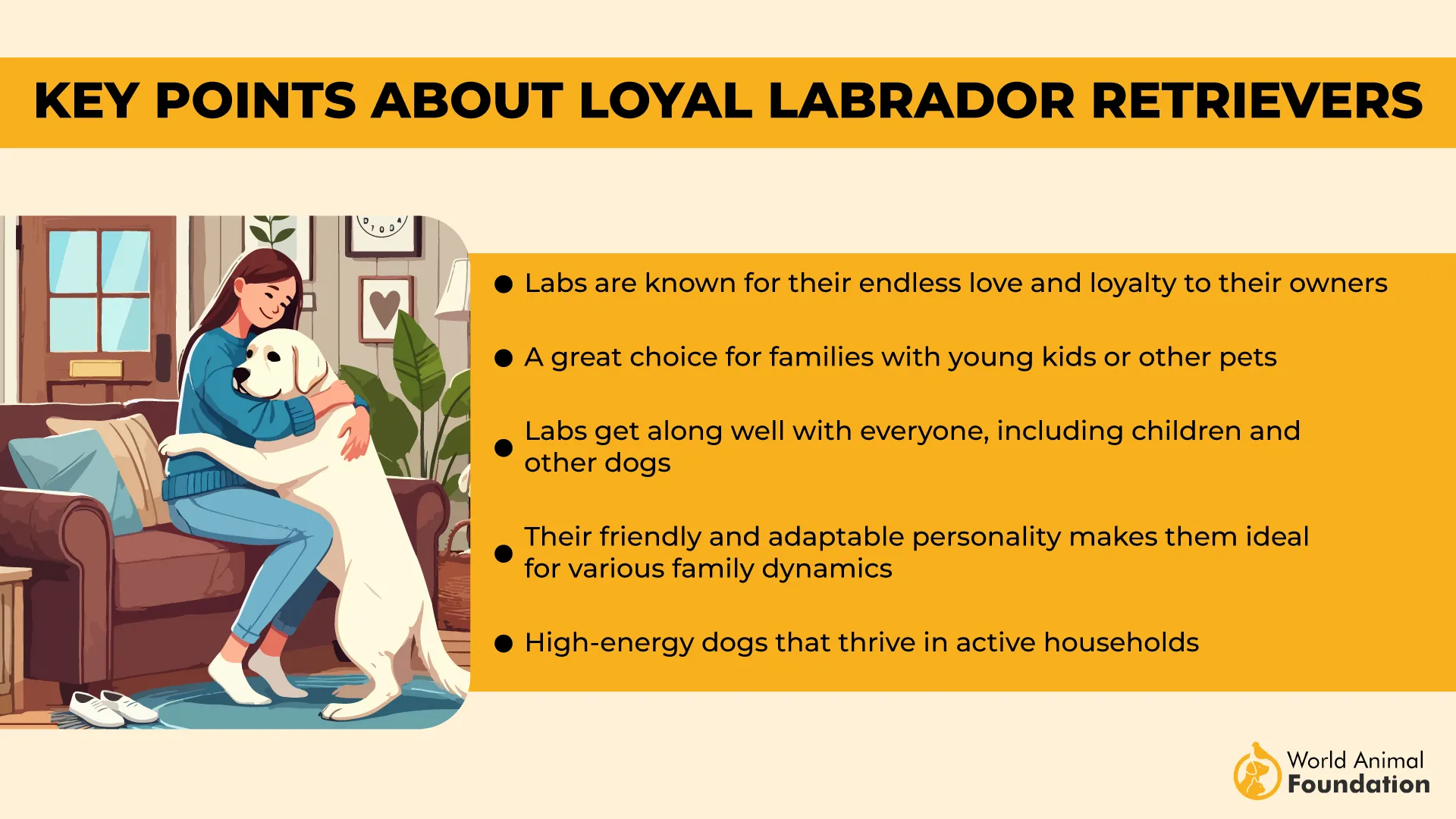
Fun Fact
Labradors are nicknamed “velcro dogs” by many owners because they follow their humans from room to room, refusing to be left behind.
2. Pug
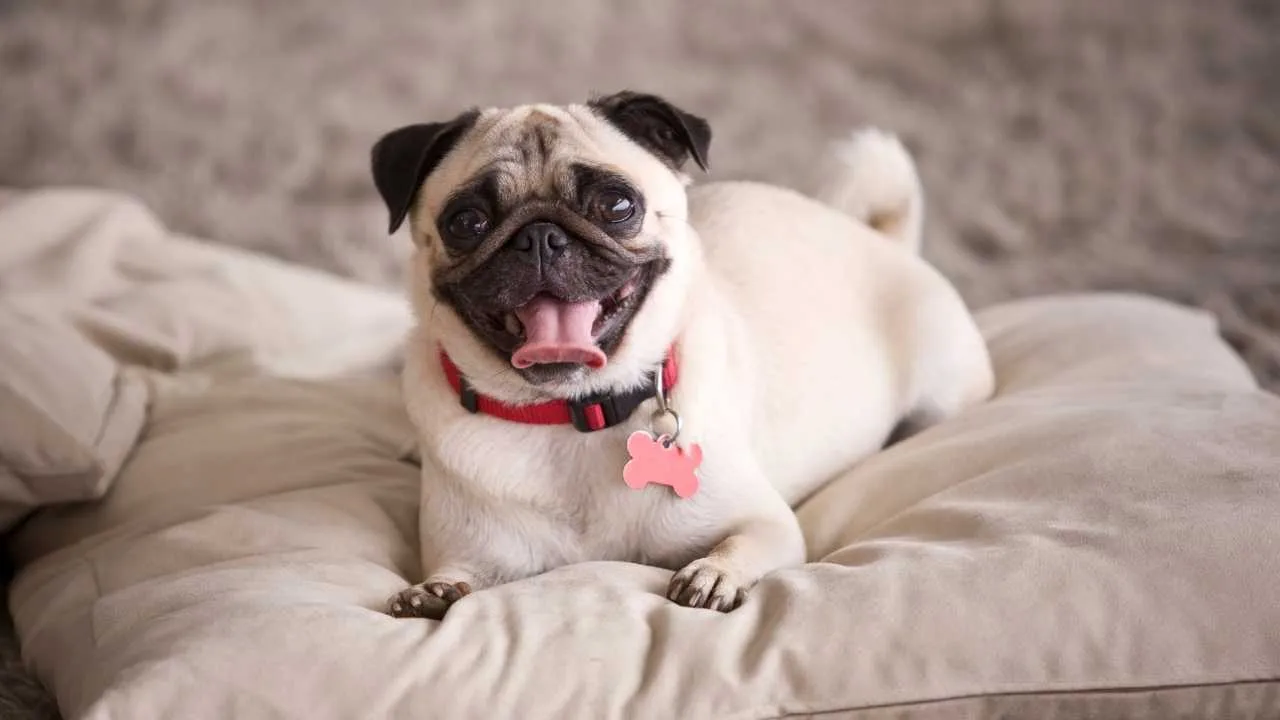
Pugs have spent centuries as beloved lap dogs, cherished by Chinese emperors and European royals alike. Their entire design seems meant for companionship, from their compact size to their soulful eyes. That history makes them deeply tuned to human presence and easily upset when left out.
A Pug’s attachment to their owner can be charming and intense. They are happiest sitting close, being carried, or curling into a blanket on your lap. When that closeness disappears, they often retreat with theatrical sighs and unmistakable sulks.
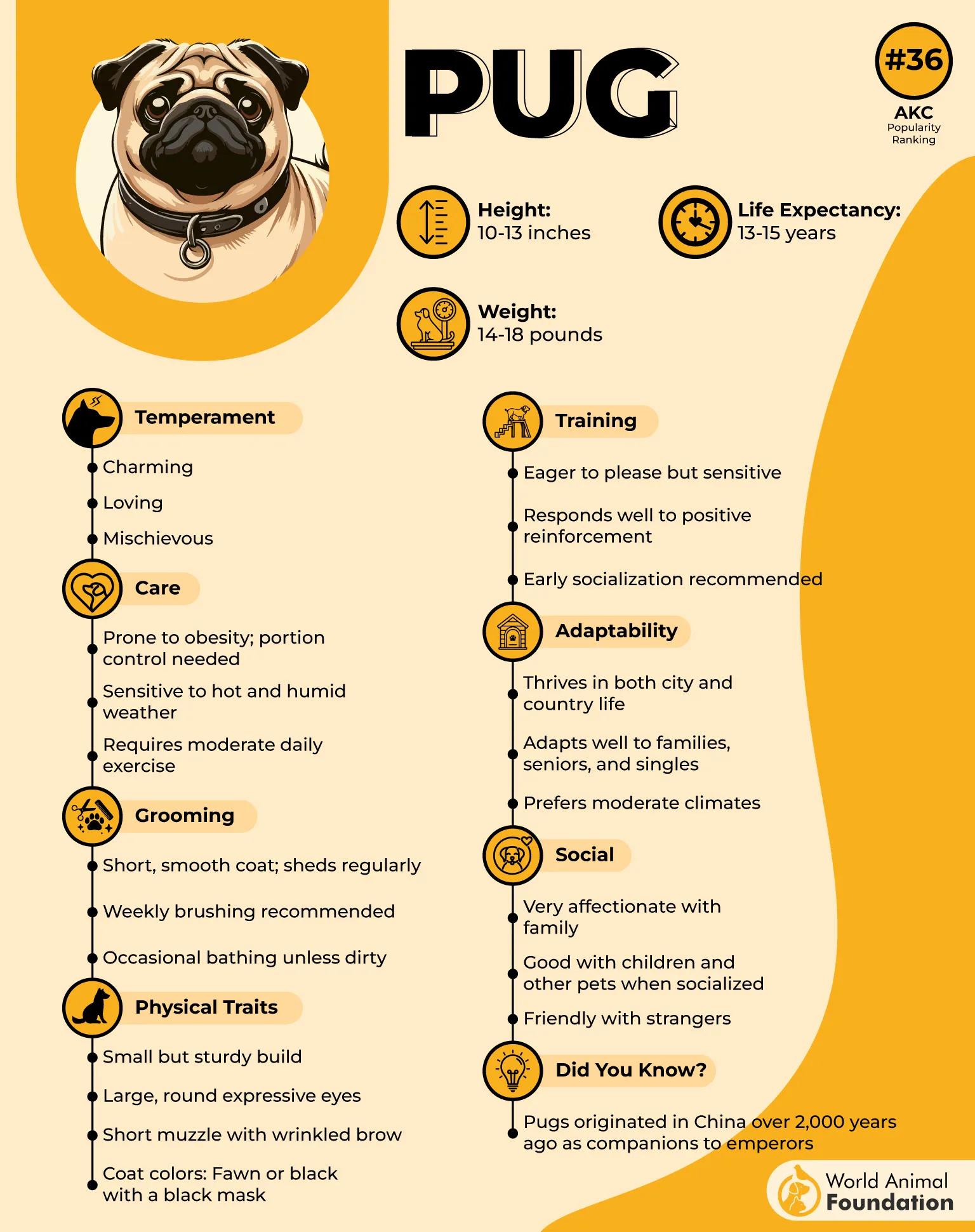
Training a Pug is easier when affection is part of the process. They respond to kindness and gentle praise more than sternness. Ignoring a Pug during training can lead to stubborn “pouting” that owners quickly learn to read.
Their short coat is easy to care for, but their emotional needs are far greater than their grooming needs. These dogs want to be part of every scene in the house. Even a closed door can bring on a look of quiet heartbreak.
Pugs don’t require endless exercise, but they do require attention. If they feel left behind for too long, they tend to show their feelings with dramatic expressions and soft whimpers.
Fun Fact
Pugs are such expressive dogs that many owners joke they can “sigh” on command, making their sulks even more theatrical.
3. Maltese
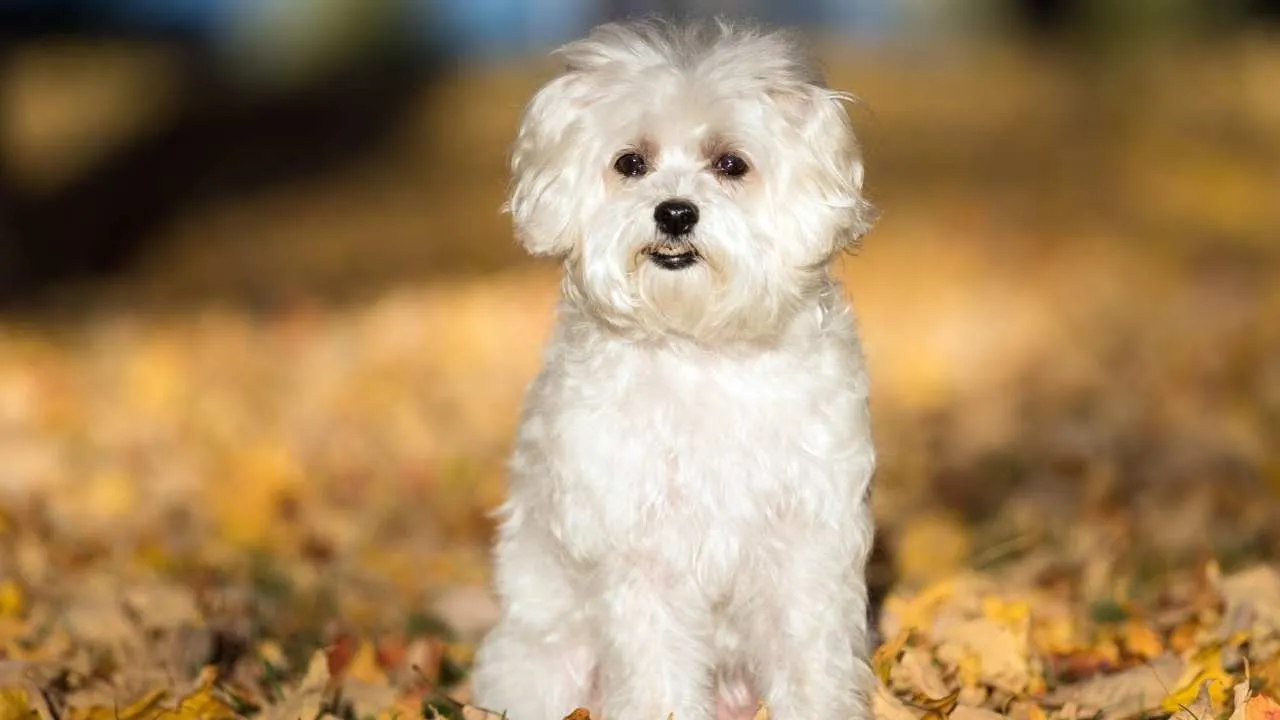
The Maltese is one of the oldest breeds, once a prized companion of aristocrats across the Mediterranean. Their long, flowing coats and small stature make them elegant, but their hearts are firmly tied to their humans. When that connection feels broken, they let you know.
PetMD states that these little dogs are deeply affectionate and thrive on constant contact. They often rest in laps, follow from room to room, and watch their owners intently.
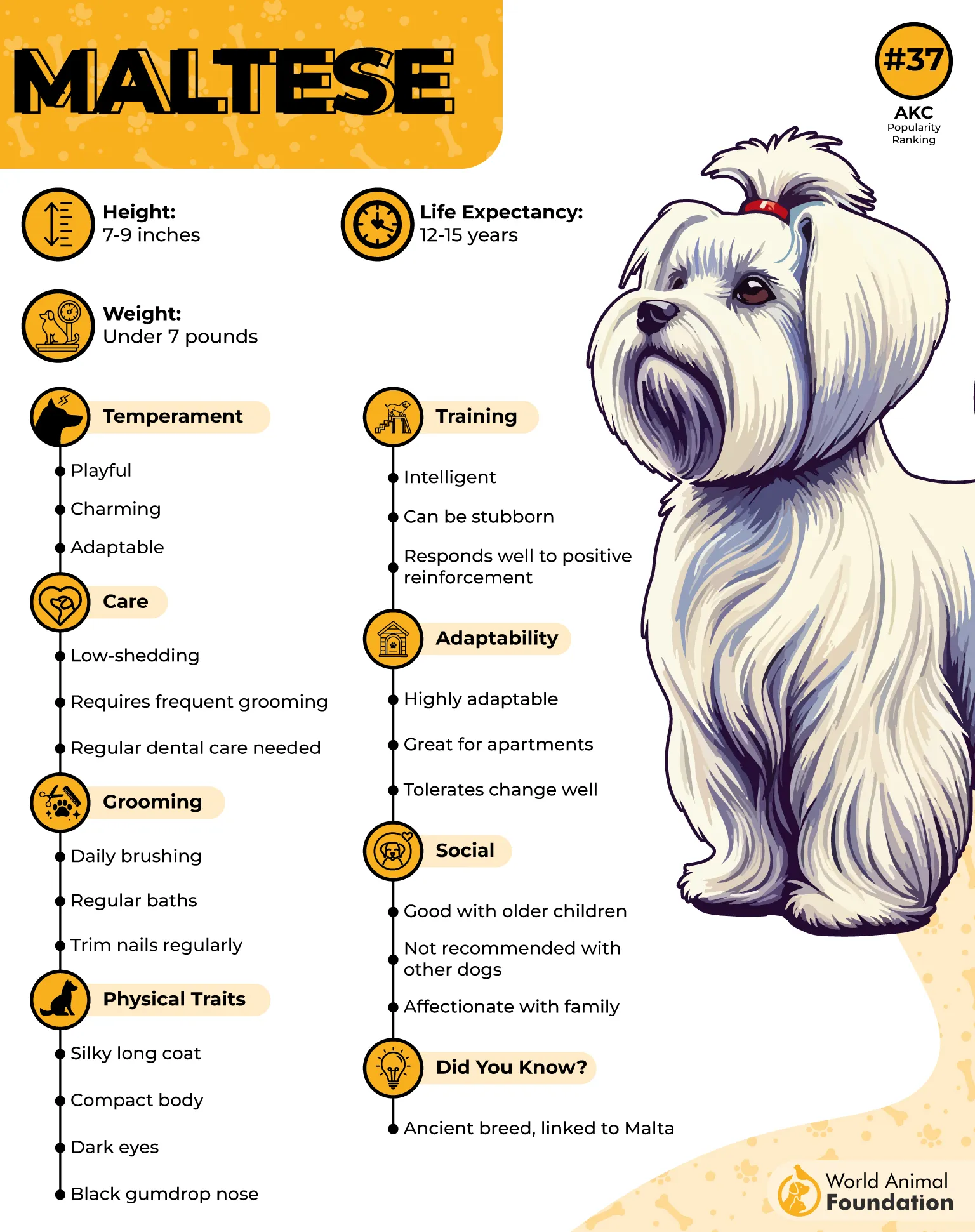
Maltese are clever and quick to learn, but they dislike being overlooked during training. They need encouragement and a sense of togetherness to stay focused. A Maltese ignored in the middle of a task may simply stop and sulk.
Grooming their silky coat takes time, and many owners turn that ritual into bonding time. Those moments matter because Maltese don’t just need brushing—they need closeness.
They are gentle and adaptable, and they expect to be adored. When they feel excluded, they’ll curl into a corner or give you that unmistakable “why aren’t you talking to me?” look.
Fun Fact
The Maltese has been a lap dog for thousands of years—Roman poets even wrote about their affectionate nature and devotion to their owners.
4. Italian Greyhound
The Italian Greyhound is a delicate, elegant breed with roots in Renaissance Italy, where they graced the courts of nobles. Despite their refined appearance, they are deeply emotional dogs with a profound need for closeness. When left out or overlooked, their moods shift, and they express it in their own quiet way.
These slender dogs often want to be curled against their person, tucked under a blanket, or perched on a lap. They thrive on warmth—both physical and emotional—and they can sulk noticeably when that comfort is missing. Owners quickly learn the look of an Italian Greyhound who feels ignored.
They respond beautifully to gentle, consistent training. Harshness or neglect during sessions can make them retreat, their sensitive nature turning lessons into withdrawn stillness. They learn best when they feel safe and noticed.
Their fine coat is almost effortless to care for, but their need for human interaction is anything but minimal. They depend on affection as much as they depend on food and water.
When given enough attention, they blossom into affectionate companions. When denied it, they become shadows of themselves, quietly sulking until they’re welcomed back into the fold.
Fun Fact
Italian Greyhounds love warmth so much that many are notorious for burrowing into blankets, even in summer.
5. Golden Retriever
Golden Retrievers are one of the world’s most beloved breeds, known for their golden coats and even warmer hearts. They were bred to stay close to hunters, retrieve game, and work hand‑in‑hand with people. That closeness shaped them into dogs that feel most alive when they are fully included.
Golden Retrievers crave acknowledgment from their humans. A kind word, a pat on the head, or even eye contact reassures them. When that attention fades, they notice immediately and respond with soft, visible sulking.
They are quick learners, and their training relies on praise and gentle direction. Ignoring them in the middle of a task can leave them looking confused and disappointed.
Their coats need regular brushing, which many owners turn into bonding time. This small ritual does more than keep their fur healthy—it reassures them of their place in the family.
Goldens are loyal in a way that borders on emotional dependence. Being ignored feels unnatural to them, and they will wait—sometimes for hours—until they are brought back into the center of attention.
Fun Fact
Golden Retrievers often “smile,” pulling back their lips in a way that makes their joy—or their sulking—especially easy to read.
6. German Shepherd
German Shepherds are powerful working dogs, bred for herding and protection in Germany over a century ago. Their intelligence and focus have made them police dogs, service dogs, and loyal family guardians. Beneath that strength, however, is a deeply attached nature that craves connection.
These dogs see themselves as part of their family’s inner circle. They want to be included in decisions, activities, and everyday moments. When they’re brushed aside, their disappointment is clear, and they may retreat to sulk with quiet dignity.
Their training potential is unmatched, but only if they feel valued. German Shepherds don’t just learn commands—they form bonds through the process. Ignore them, and their cooperation dims, their ears drooping as they wait to be re‑engaged.
As per PDSA, their double coat sheds steadily, needing regular brushing, but the real investment is in time and companionship. German Shepherds want to be more than pets—they want to be partners.
When they’re given that role, they are confident, affectionate, and fiercely loyal. When left ignored, they feel unmoored, slipping into sulky withdrawal until they’re brought back into focus.
Fun Fact
German Shepherds are so in tune with their humans that they often anticipate commands before they’re even spoken.
7. Border Collie
Border Collies are celebrated as one of the smartest dog breeds in the world. Bred in the borderlands of Scotland and England for herding sheep, they were designed to work closely with humans, watching every signal and responding instantly. That need for connection didn’t disappear with modern life—it defines them.
When a Border Collie feels ignored, the reaction is almost immediate. Their bright eyes dim, and their posture drops, as though they can’t quite understand why their partner has gone silent. Their emotional sensitivity is as intense as their intelligence.
Training a Border Collie is both rewarding and demanding. They thrive on challenges and mental stimulation, but neglect during these sessions leaves them frustrated and sulky. They want to work with their people, not for them.
They require heavy exercise—both physical and mental—to stay balanced. When playtime or direction is missing, they can mope, lying still but watching closely, waiting for engagement to return.
Border Collies are incredible companions for active owners, but they crave more than casual attention. When they’re excluded, their response isn’t dramatic—it’s a quiet, unmistakable sulk that speaks volumes.
Fun Fact
Border Collies can learn hundreds of words and gestures, making their ability to “read” humans unmatched, and their disappointment painfully clear.
8. Doberman Pinscher
Doberman Pinschers were bred in Germany as loyal guardians and companions, a mix of strength, speed, and devotion. Their elegant frame and alert stance hide a sensitive heart that bonds intensely to their people. That deep attachment can turn to sulking if they feel left out.
These dogs don’t just like being near their owners—they expect it. They shadow their humans through the house and settle close whenever possible. When they’re pushed aside, they don’t lash out—they withdraw.
Training a Doberman is often smooth, thanks to their intelligence and eagerness to please. But they respond best to inclusion and acknowledgment; ignore them, and their focus wanes, their energy turning into quiet, moody stares.
Their sleek coat is easy to maintain, but their emotional needs demand effort. Time, attention, and reassurance are the core of their well‑being. Without it, they slip into a restless, sulky state.
Dobermans are strong, confident, and often called “gentle protectors.” But behind that confidence is a dog that deeply feels neglected, showing their hurt in subtle, unmistakable ways.
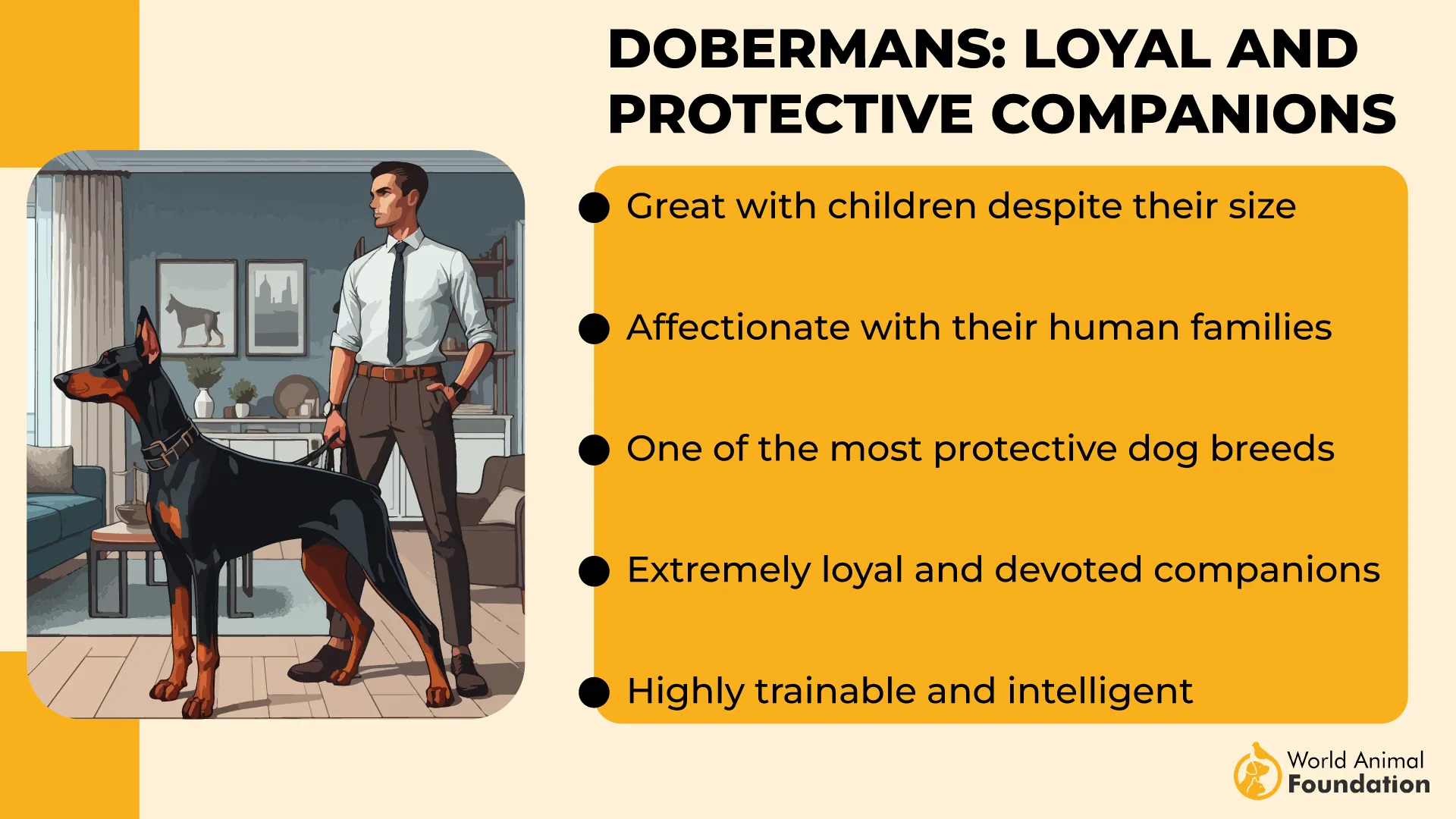
Fun Fact
Dobermans are known for “leaning” against their owners, a physical reminder of how much they crave closeness.
9. Vizsla
Vizslas are sometimes called “Velcro dogs,” and the nickname is no exaggeration. Bred in Hungary as pointers and retrievers, they were designed to stay glued to their handlers in the field. That instinct carries over into home life, where they crave constant closeness.
When ignored, a Vizsla takes it to heart. They sulk quietly, sometimes draping themselves across a couch or sitting in a corner, eyes fixed on the person they’re missing. Their sensitivity is as obvious as their rust‑colored coat.
Training them is a joy—they learn quickly and respond beautifully to praise. But they’re deeply affected by a lack of attention. Even a moment of being overlooked can turn their enthusiasm into a drooping tail.
They’re athletic dogs with high energy, needing runs, games, and long walks to stay happy. But just as important as exercise is emotional engagement—they want to feel connected in every moment.
When given affection, they are gentle, sweet companions. When that affection fades, they sink into melancholy, waiting patiently for their human to look their way again.
Fun Fact
Vizslas are so clingy that they’re often called “shadows,” following their owners from room to room without pause.
Conclusion
Dogs that sulk when ignored have a way of repeating their little dramas, a familiar act that can play out anywhere—from a living room sofa to grandma’s house on a holiday. A pouting dog may drop her head on the floor, legs stretched long, or wander to her bed at night with a sigh that feels almost human. Sometimes it’s a learned behavior, other times an inherited trait, a genetic thing that makes them wired for closeness and easily unsettled by absence.
Their protests can be funny, a bark here, a whine there, a halfhearted chew on a toy left on the floor. Parents of these breeds often exchange knowing looks, while a mom or husband might give in with a treat, and the pup’s nose lifts again, happiness restored. These moments turn into conversation pieces, the kind that bring laughter as much as they bring discipline.
These breeds don’t sulk out of spite; it’s their way of asking for connection. A bit of attention, a range of cuddles, and a moment to sit and talk with them can turn their unhappiness around. They’ll always dare to ask for more, but they repay it with devotion that makes every sulk worth the smile that follows.


